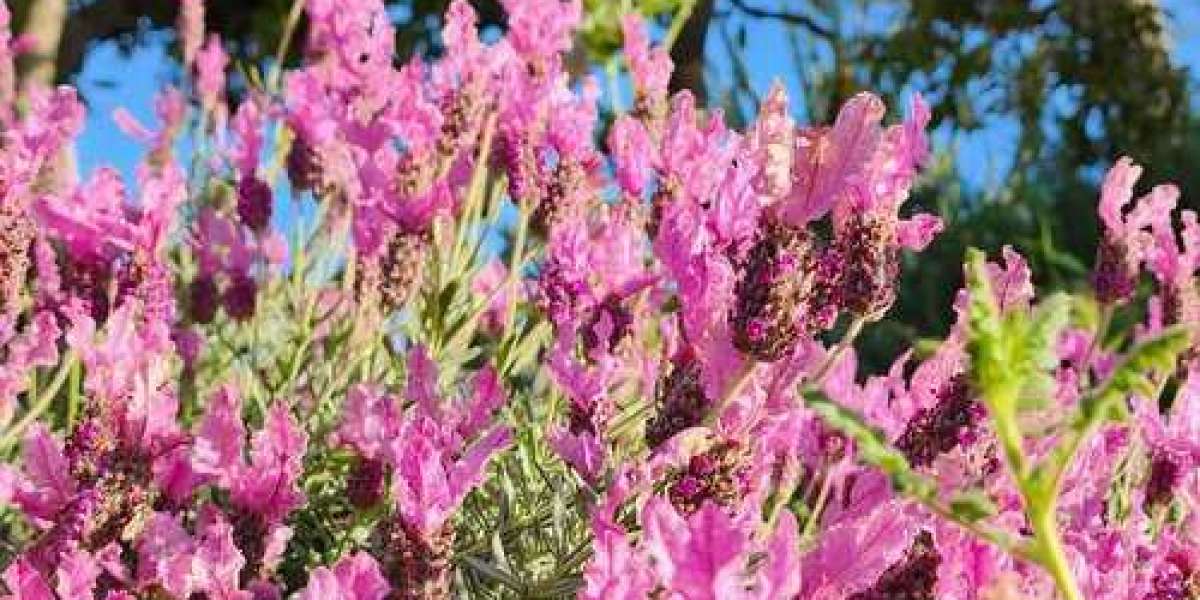Introduction
The decline in global bee populations poses a significant threat to ecosystems and agricultural systems worldwide. However, supporting local beekeepers can play a crucial role in mitigating this decline and promoting environmental conservation. Local beekeepers not only contribute to pollination but also implement sustainable practices that benefit the environment in various ways.
Preserving Ecosystem Health
Local beekeepers play a vital role in preserving ecosystem health by maintaining bee colonies in diverse habitats. Through pollination, bees facilitate the reproduction of flowering plants, ensuring the health and diversity of ecosystems. By supporting local beekeepers, consumers indirectly contribute to the conservation of natural habitats and the preservation of biodiversity.
Mitigating Climate Change
Beekeeping can also contribute to climate change mitigation efforts. Local beekeepers often adopt sustainable beekeeping practices, such as avoiding the use of chemical pesticides and promoting habitat restoration. Additionally, bees play a crucial role in pollinating crops that sequester carbon dioxide, such as fruits, vegetables, and trees. By supporting local beekeepers, consumers can indirectly support efforts to combat climate change.
Conclusion
Supporting local beekeepers is not only beneficial for bee populations but also for the environment as a whole. By purchasing honey and other bee products from local sources, consumers can contribute to the preservation of ecosystem health, biodiversity, and climate stability. In doing so, we can collectively work towards a more sustainable future for both bees and the planet.



